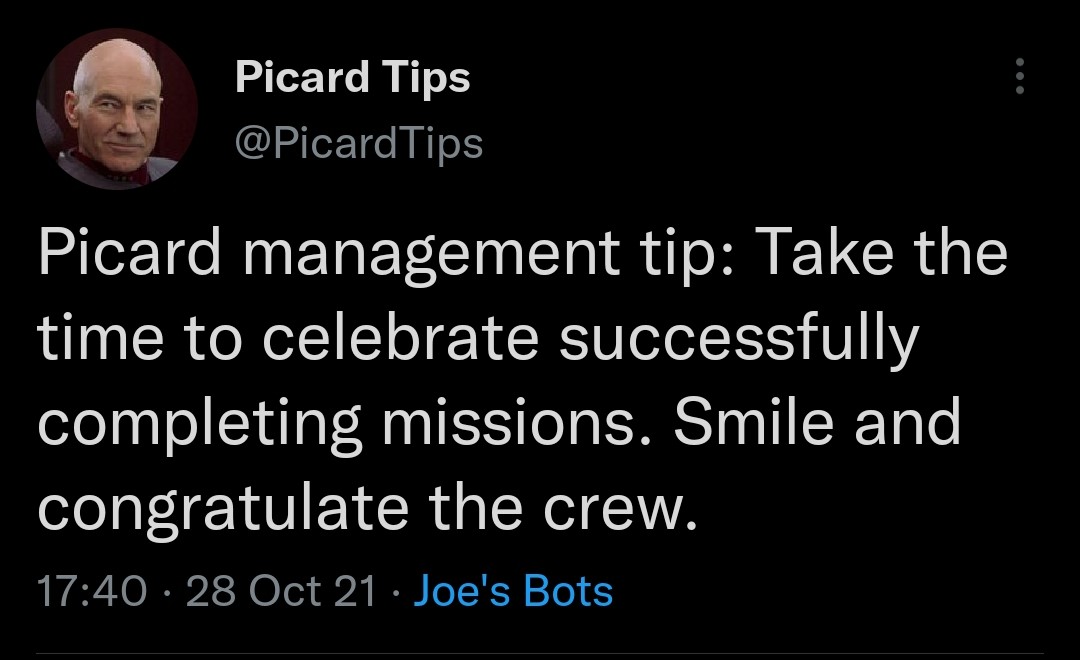Praise the team
Most software developers working at product companies usually work on delivering features to customers and/or defined by stakeholders within the organization in a roadmap. These features are usually (but not always!) tied to a well-defined business metric or goal or to a specific product vision to be fullfilled in a given timeframe: “We want the product to do X by date Y and we want to ensure that our biggest client from BigCorp receives the feature he has been asking for months now”. These scenarios, in one form or another are what ends up driving product development and indirectly contributes to other factors like: developer happiness and productivity, product engagement, client retention, etc.
These reasons alone aren’t good enough to keep a development team motivated in the long run, especially since it’s always the dev team getting the heat when something is slightly off from the expected normal function. You know the drill: all is roses and happiness and rainbows when things are flowing smoothly, but, when a crisis rises, the development team will be held under an unsually scrutiny as to why things aren’t working as expected.
The truth is, we are all humans and, as all humans, we lounge for a sense of connectedness to our work and (at least me particularly) to seeing that the clients, the true end-users of our product are happy while using it and they can use it and benefit from it in their workflows, processes, in their own personal ambitions, you name it. But, seeing this happening, and receiving this feedback can be incredibly motivating as a developer. Programming is a discipline which stands in a slightly awakward position where it can be sometimes hard to see the real impact of your work. Of course, we can use the platform ourselves, there’s an UI and, as makers of the thing, we know the work it took to get that nasty query returning data in 1 sec so that the chart renders client side in 2 sec and it all feels smooth. But, all of this is too small of a scope.
This is almost a refuge in the technical craft of the job. It’s being happy for doing our job to the best of our abilities, but, missing the real impact it has on the people who will benefit from it the most. A soccer player can be happy for landing that perfect free-kick, or an amazing header, but, if the team loses, does it really add value? Does it really bring joy in the long run? Of course, it’s a reason to be happy for some nice, perfect technical execution of a task, but, if that execution can’t be somehow “externally” perceived, it all feels a bit in vain. Again, as the famous PicardTips twitter recommends:

I think this is a very small detail that can be easily overlooked, but, as creators and makers, it is always nice to receive external validation from a job well done: it gives a nice morale boost, and it can make people both more engaged and happy at their jobs.
One thing I always liked and valued when working on a given product, was simply being put on a call or a demo with a client and hear them saying to us: “Guys, this is a stellar job, really well done, keep it up!”. This was coming from a person who needed and wanted to use our product and that felt amazing! It was actually possible for me to see the impact that the product was having on the workflow of our clients and as a great added bonus, these types of conversations are absolutely great feedback promoters: you can learn more over a 30 min call with a client than months gathering metrics or tracking users can ever tell you! So, I think the idea of having responsbile stakeholders within the company showcasing the product, be it in internal demos or at clients, needs to always be “taken advantage of” as an opportunity to praise and recognize the hard work developers do, and, simultaneously, attempting to gather pieces of feedback that can be critical to pivot the direction in which the product is going or to reinforce investment in certain feature areas.
Another great motivator can be to let developers take ownership of the product when acting as “power users”: this means that basically, developers can also suggest improvements to certain key features or even propose new ones to be included in the roadmap for the product, and, these ideas should be embraced by product teams in order to create a more well-rounded product, as, coming with a fresh perspective is always beneficial.
So, praise your teams, seek external feedback and validation, and, use these opportunities to grow your product in the right direction. You win, developers win and your customers get the best experience they could ask for.
